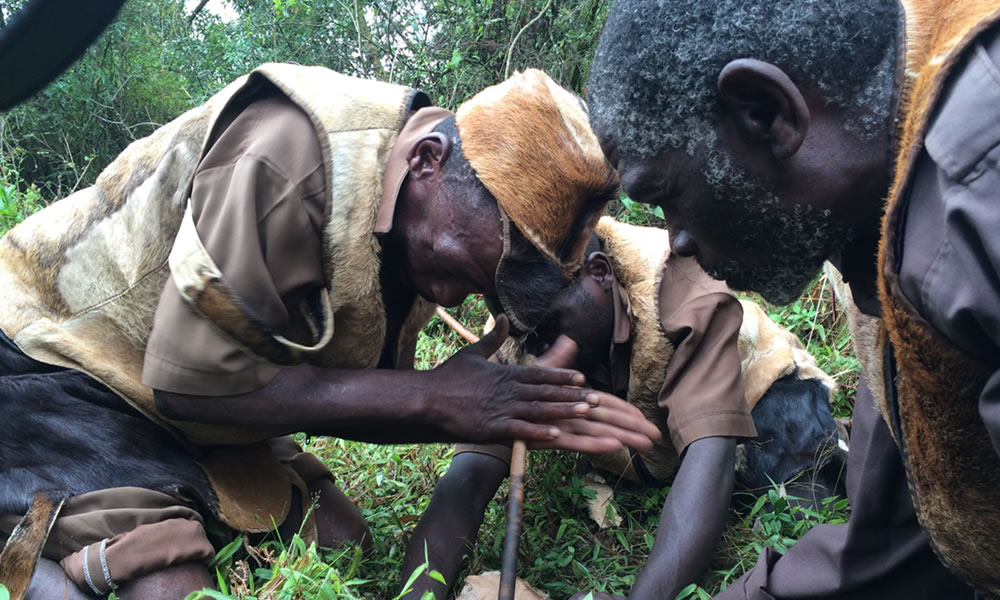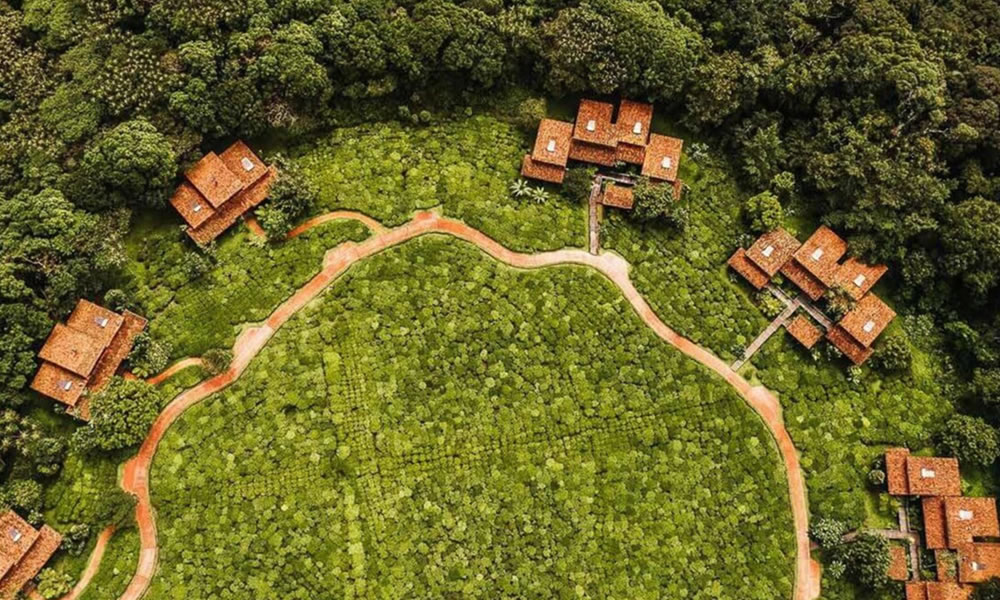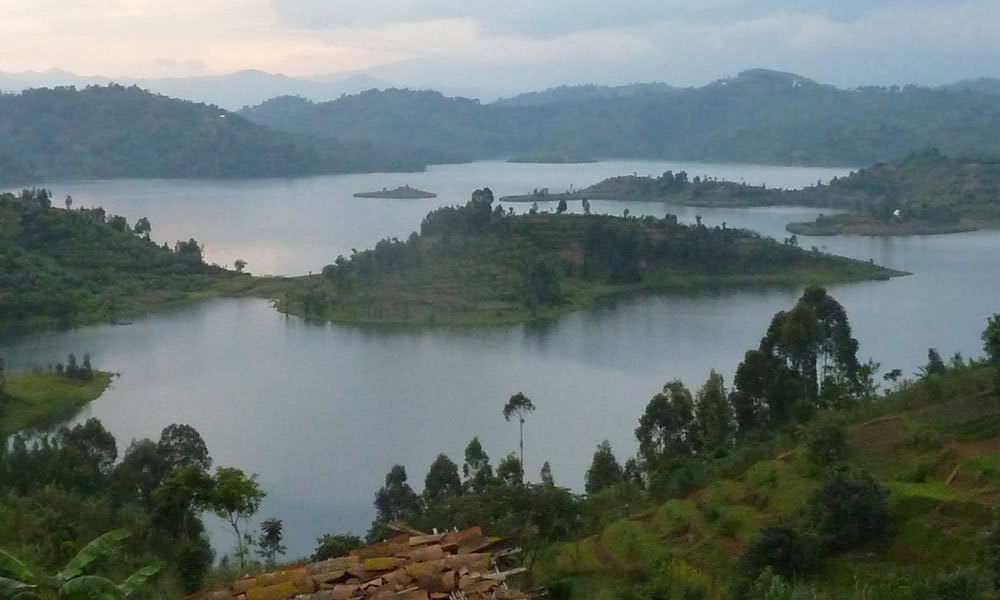
Visiting the Batwa Cultural People in Uganda.
The Batwa people, often referred to as the “keepers of the forest,” are one of the oldest indigenous communities in East Africa. Residing near the Bwindi Impenetrable Forest and Mgahinga Gorilla National Park in southwestern Uganda, the Batwa have a rich cultural heritage deeply connected to the forest. Visiting the Batwa Cultural People in Uganda offers travelers a unique opportunity to learn about their traditions, lifestyle, and the challenges they face in preserving their heritage.
The History of the Batwa People
The Batwa are a pygmy group that lived as hunter-gatherers in the dense forests of Central Africa for centuries. They relied on the forest for food, medicine, and shelter, and their intimate knowledge of the ecosystem made them exceptional stewards of the environment.
In the early 1990s, the Batwa were evicted from their ancestral lands to create Bwindi and Mgahinga national parks, established to protect mountain gorillas and their habitats. While this conservation effort was critical, it left the Batwa displaced and struggling to adapt to life outside the forest. Today, they reside in small communities around the parks, working to preserve their culture while integrating into modern society.
The Batwa Cultural Experience
Visiting the Batwa community is a fascinating and enriching experience, offering a glimpse into their ancient way of life and a chance to support their efforts in preserving their heritage.
– Guided Forest Walks: Many Batwa experiences begin with a guided forest walk led by Batwa elders. These walks showcase how the Batwa traditionally hunted small animals, gathered honey, and harvested plants for medicine. The guides share their deep knowledge of the forest’s flora and fauna, passed down through generations.
– Traditional Music and Dance: The Batwa are renowned for their vibrant music and dance, which hold significant cultural and spiritual meaning. Visitors can enjoy performances that tell stories of their history, celebrate nature, and express their resilience.
– Cultural Demonstrations: Guests can participate in hands-on activities such as making fire without matches, crafting traditional tools, or learning how to build simple shelters. These demonstrations highlight the Batwa’s resourcefulness and deep connection to nature.
– Storytelling: The Batwa elders often share captivating tales about their origins, beliefs, and relationship with the forest. These stories provide valuable insights into their spiritual worldview and the importance of the forest in their culture.
Supporting the Batwa Community
Engaging with the Batwa people is not just a cultural experience but also a way to contribute to their well-being. Many tours and experiences are organized in collaboration with Batwa communities, ensuring that proceeds directly benefit them. These funds support education, healthcare, and initiatives aimed at preserving their cultural identity.
Challenges and Resilience
Despite their rich heritage, the Batwa face significant challenges, including landlessness, poverty, and limited access to education and healthcare. However, through cultural tourism and advocacy efforts, they are finding ways to adapt while keeping their traditions alive.
Visiting the Batwa cultural people in Uganda is more than a tourist activity—it’s an opportunity to connect with an ancient way of life and contribute to its preservation. By engaging with the Batwa, travelers not only gain a deeper understanding of Uganda’s diverse cultural tapestry but also play a role in supporting one of the world’s most vulnerable indigenous communities.



